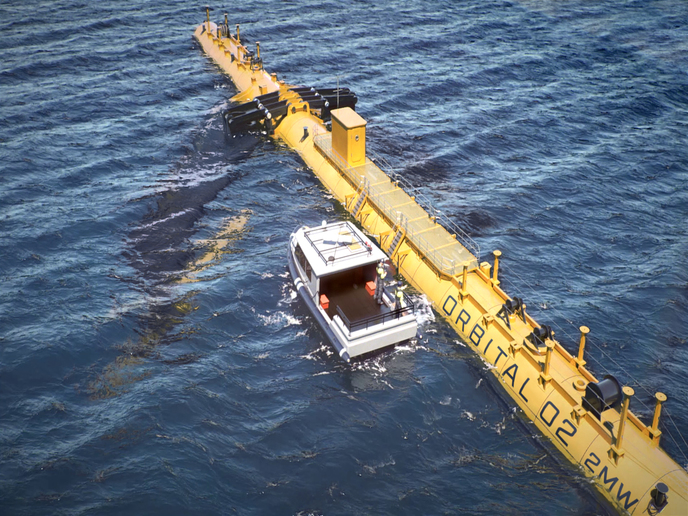Agent-based assembly of wind turbines
Today, most assembly operations in the wind turbine industry are carried out manually with the help of tools and machines. The main disadvantages of manual assembly are the relatively high degree of variability and the need to repeat certain tasks difficult to complete the first time correctly. One approach to improving the assembly process is the introduction of automation solutions. Despite the difficulties of implementing automated control systems, realising this holds enormous potential for improvement in terms of quality and manufacturing times. The main objective of the EU-funded project 'Cost-driven adaptive factory based on modular self-contained factory units' (COSMOS)(opens in new window) was to develop such a system of multi-level control for the management of a factory. With the focus on wind turbine assembly, the COSMOS manufacturing model is based on intelligent factory units capable of self-adaptation to eventual changes in production. A distributed control system enables synchronisation of the work of different factory units. Having defined the main project concepts, scientists worked on an agent-based management software for the assembly of wind turbine nacelles. Nacelles are the most critical elements of wind turbines comprising thousands of parts with a large number of variants that are continuously evolving. COSMOS partners proposed to automate their assembly employing a framework of agents. For manufacturing, agents are sensors, actuators and controlling devices that can be reused for different tasks. Self-adaptability was achieved by providing each agent with a cost function and error metrics for the successful completion of a task despite environmental changes and uncertainty. COSMOS researchers also introduced the concept of self-contained factory units. These are units of production that incorporate the resources and management skills necessary for producing an overall set of products. Lastly, researchers integrated the communication infrastructure between all devices involved in production processes with the central system of control. The COSMOS system is expected to have major impact on manufacturing industries that rely on manual assembly, including the aerospace and railway industries. Enhancing productivity while simultaneously increasing flexibility will help Europe maintain its leading position in the wind generation industry.







